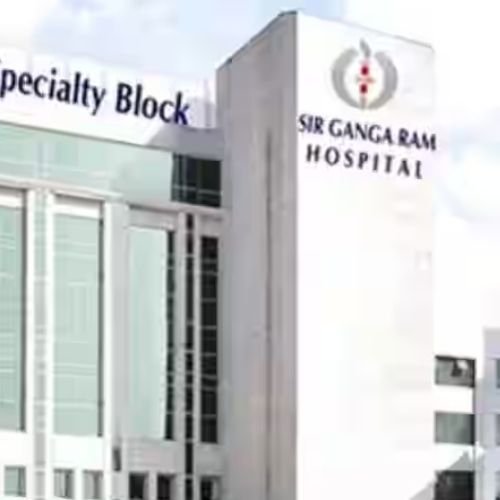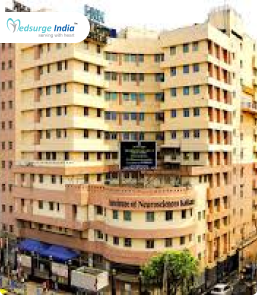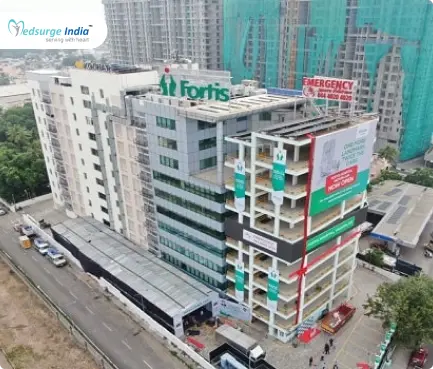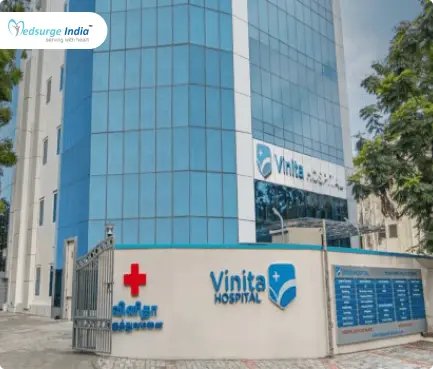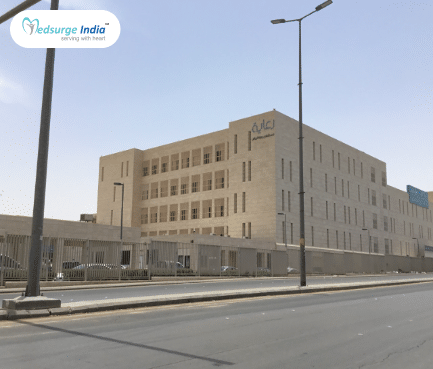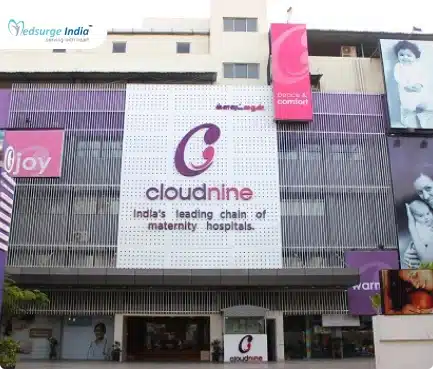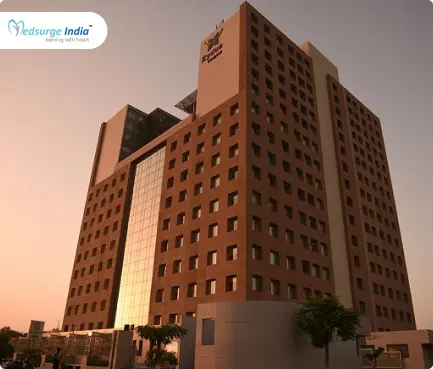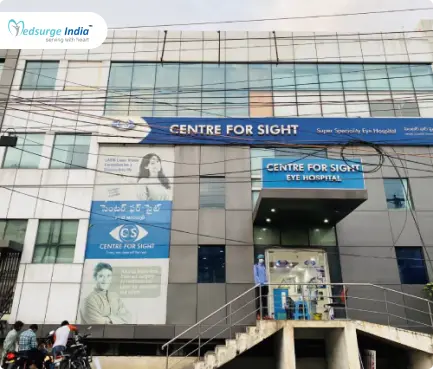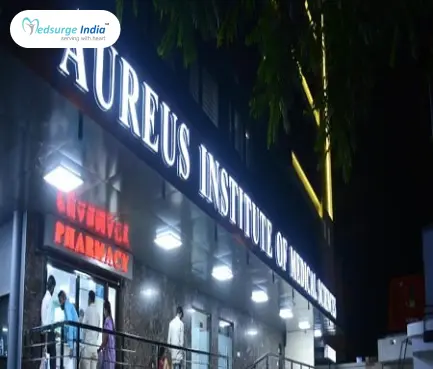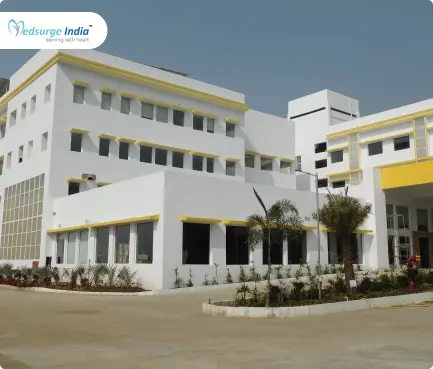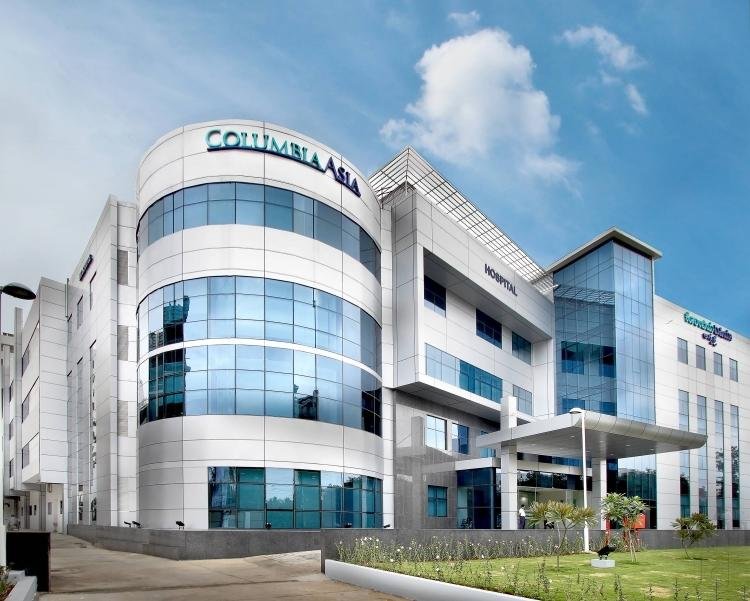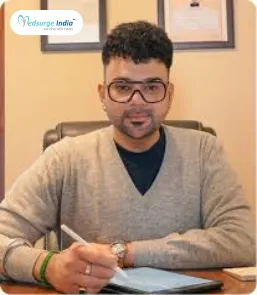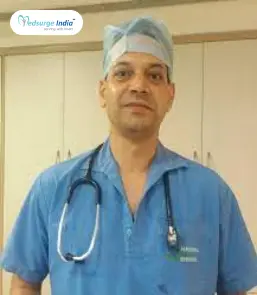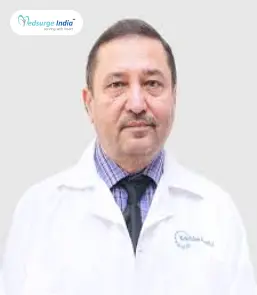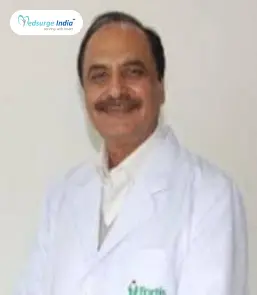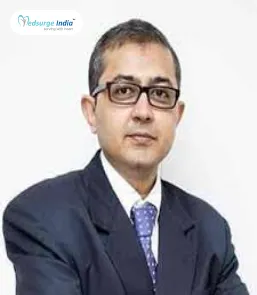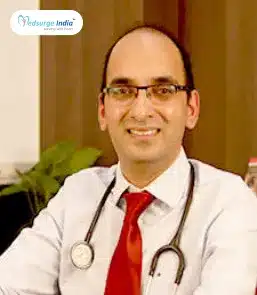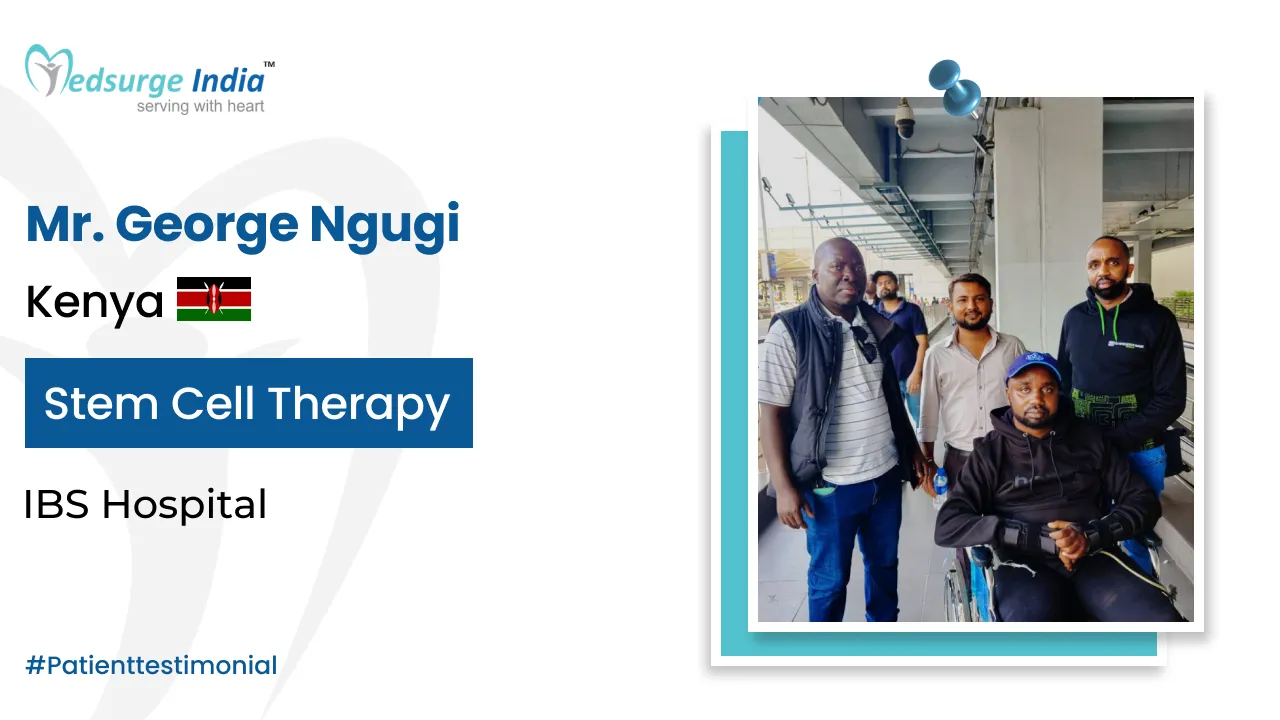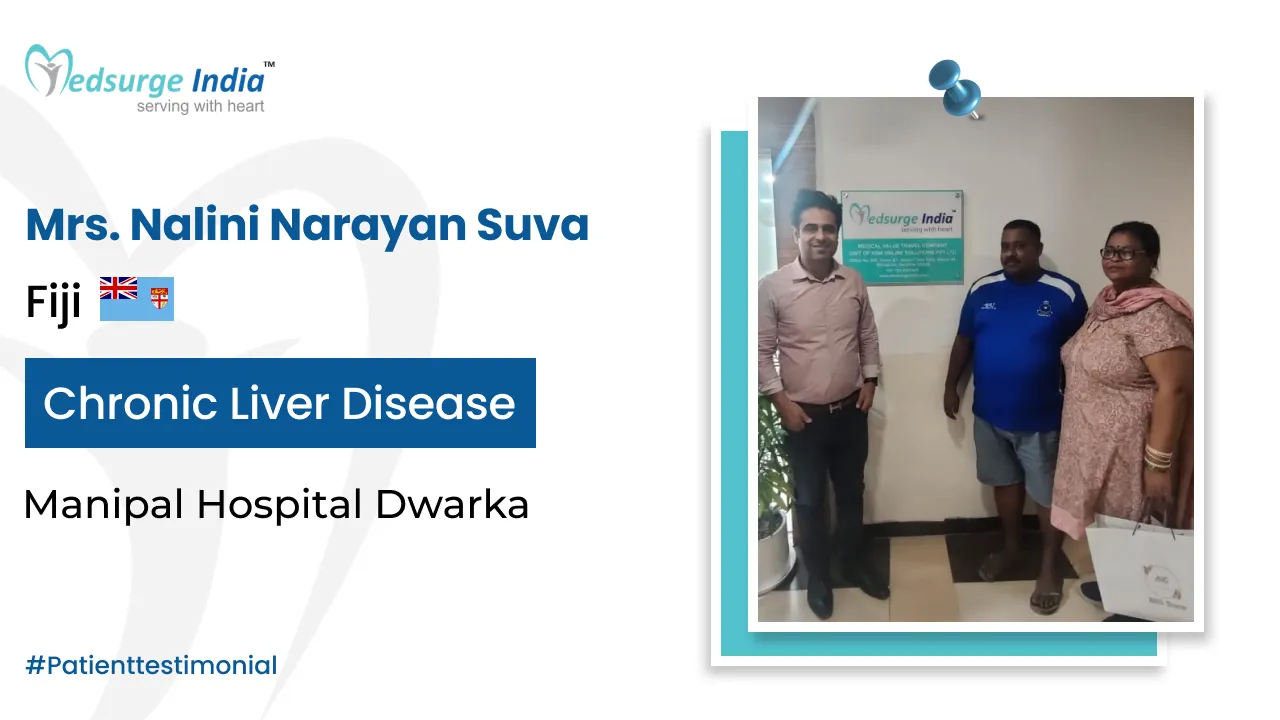
A pediatric liver transplant is a medical procedure of transferring the liver of another person to a child who has a faulty liver. The liver for transplantation can be obtained from an unrelated, deceased donor or from a live-related donor who is willing to donate a part of the liver and is a good match.
The overwhelming majority of transplanted livers are retrieved from deceased donors. Organ donors include adults or children who are in critical condition or have sustained severe injuries and have been certified as being brain dead. If the donor is an adult, he or she might have signed a consent form to be an organ donor. Further, both parents or spouses can also consent to the removal of organs from their respective relatives’ bodies.
Depending on the availability of an appropriate graft and the condition of your child, he or she may receive a whole liver or part of it. For instance, when an adult liver is available and compatible with two children (or one adult and one child), the liver can be cut into two segments and each segment can be transplanted. This is referred to as a split liver transplant. A split liver will be the right size for the infant or child if he or she needs a liver transplant even if the segment comes from an adult liver.
Another source of getting the liver may be from a living family member or a loved one through a liver transplant surgery where only a segment of the liver is removed. This is known as a living donor transplant. The donors can also live normal lives as their bodies can perform all the necessary functions with the remaining segment of the liver. The remaining part will even regenerate to the size of the entire liver; the liver is the only vital organ in human beings that can regenerate.
Why Might a Child Need a Liver Transplant?
A child requires a liver transplant in a situation where he or she suffers from a disease or a condition that affects the liver and renders it to function ineffectively. At times, non-instigating genetic diseases that are damaging to other interior organs but not the liver can be repaired with liver transplants. In some situations, the child may need a liver transplant to have a large tumor that cannot be removed without removing the liver. Children diagnosed with the following diseases or conditions may require a liver transplant:
Biliary atresia: This condition involves the obstruction of bile ducts, hindering the flow of bile from the liver to the intestines. It is the primary reason for liver transplants in children. The Children’s Hospital of Philadelphia is recognized as a premier institution for the management and referral of biliary atresia cases and is affiliated with the Biliary Atresia Research Consortium (BARC).
Alagille syndrome: A genetic disorder that frequently impacts the liver, among other organs, leading to the narrowing or dysfunction of bile ducts. CHOP is an internationally acclaimed center for clinical care related to Alagille syndrome.
Primary sclerosing cholangitis: This condition is characterized by the narrowing of bile ducts due to inflammation and scarring.
Hepatoblastoma: A rare malignant tumor that has the potential to metastasize to other areas of the body. CHOP stands out as one of the leading pediatric oncology centers in the nation, equipped with a multidisciplinary team skilled in the treatment of children with hepatoblastoma.
Acute liver failure: This condition refers to the abrupt loss of liver function, typically resulting from significant liver damage caused by a virus or medication.
Certain genetic disorders can lead to the necessity of a liver transplant. Alpha-1-antitrypsin deficiency is an inherited condition that may result in hepatitis and liver failure. Tyrosinemia is a genetic disorder linked to significant liver disease in infants. Wilson disease is a hereditary condition characterized by the accumulation of copper in the liver and nervous system, leading to severe liver and other organ damage, which can be effectively treated through liver transplantation.
Pediatric Liver Transplantation Cost in India
Numerous elements impact the expenses associated with Pediatric Liver Transplantation in India. The major driver of cost is the individual patient’s medical condition. Pediatric Liver Transplantation Cost in India ranges from INR 10 Lakh to INR 15 Lakh (14,300 USD to 18,000 USD)
Pediatric Liver Transplantation Cost in Different Cities in India
| Cities | Price Starting From |
| Delhi | 12,000 USD |
| Noida | 11,000 USD |
| Gurgaon | 13,000 USD |
| Chennai | 13,000 USD |
| Mumbai | 13,500 USD |
| Bangalore | 14,000 USD |
| Kolkata | 11,500 USD |
Please keep in mind that the cost of the treatment will vary depending on various factors. Below are the factors that can affect the cost of the treatment.
Factors that affect the cost of Pediatric Liver Transplantation in India
Here are several key factors that influence the expenses associated with Pediatric Liver Transplantation:
Hospital or clinic’s location: The cost of care in a private hospital or clinic is often higher than that in a public hospital.
Medication costs: Certain medicines can influence the overall cost of Pediatric Liver Transplantation in India.
Patient Condition: The complexity of the patient’s overall health can affect the duration of treatment, impacting the cost.
Duration of treatment: Longer treatment courses involving multiple visits can lead to higher cumulative costs.
The expertise and experience of medical professionals: A transplant surgeon with extensive experience and recognition often commands higher fees, contributing to the treatment cost.
How Is the Procedure Performed?
After a child has undergone evaluation by the liver transplant team and it has been determined that a new liver is necessary, the child needs to maintain regular visits with his primary care pediatrician for routine check-ups and vaccinations, in addition to seeking medical attention when feeling unwell. Ensuring the child’s overall health is crucial in preparation for the liver transplant. The care provided by the liver transplant team should complement, not replace, the ongoing care from the primary care pediatrician.
When the liver transplant coordinator contacts to inform that a suitable liver has become available, they will inquire about the child’s current health status. It is important to inform the coordinator if the child has recently experienced a cold, flu, fever, or has been in contact with infectious diseases such as chickenpox. Any concerns regarding the child’s health will be addressed by the liver transplant coordinator in consultation with the transplant physicians.
Liver Transplant Procedure
- Throughout the liver transplant procedure, the child will undergo general anesthesia to ensure they are unconscious during the surgery.
- Once they are under anesthesia, the transplant surgeon will create an incision on the upper part of their abdomen. The surgical team will then extract the old liver, leaving the major blood vessels intact. Subsequently, the new liver will be implanted.
- The team will proceed to link the new liver’s blood vessels to the child’s blood vessels, as well as connect the new liver’s bile ducts to the child’s biliary system. They will carefully inspect the connections to ensure there are no leaks.
- Finally, the incision will be closed using specialized surgical thread or staples.
- The duration of the procedure may range from four to twelve hours. The liver transplant coordinator will provide updates at various stages of the operation.
Following the surgery, the transplant surgeons and the nurse coordinator will meet with the patient parents to discuss the outcome of the procedure and address any inquiries they may have. Meanwhile, the child will be transferred to the pediatric intensive care unit (PICU), where the medical staff will ensure their comfort and safety.
Also Read: Liver Transplant Cost in India
How Can You Save Cost During Liver Transplant?
Here are some ways to save cost during liver transplant in India:
- Compare the prices and services provided by various hospitals.
- Look for hospitals that provide discounts or bundled deals.
- Select a hospital that is situated nearer to your residence to minimize travel costs.
- Take into account selecting companies that offer treatments internationally and have partnerships with leading hospitals and physicians.
Get Free Cost Estimation
The Most Important Frequently Asked Questions
Q: What Is the Most Frequent Cause of Liver Transplants in Children?
A: Biliary atresia is the most prevalent cause of pediatric liver transplants. It is a rare illness that affects 1 in 10,000 to 1 in 20,000 live births globally. The bile ducts of children get inflamed and clogged, preventing the normal flow of digestive juices into the intestines.
Q: What Is the Duration of a Liver Transplant in Children?
A: After the replacement liver is positioned, the surgeon joins the new liver’s bile ducts and blood arteries to those of your child. The incision is then sewn shut. Most liver transplant procedures take ten to twelve hours to complete.
Q: What Is the Minimum Age to Donate a Liver?
A: A major medical problem, such as liver disease, diabetes, heart disease, or cancer, cannot be present in a potential liver donor. You must be a willing adult between the ages of 18 and 60 in order to donate your liver live. Be ready to dedicate yourself to the surgical procedure, recuperation, and pre-donation examination.
Q: What Side Effects Might a Pediatric Liver Transplant Cause?
A: One of the main problems for young patients receiving liver transplants is infection. Depending on how much time has passed since the transplant, different etiologies have been identified. Viral and parasite infections typically manifest first, then bacterial and fungal infections.
Top Hospitals for Pediatric Liver Transplantation in India
Top Doctors for
Dr. Mahesh Prasad
Consultant
Experience: 21 years of experience
P.D Hinduja Hospital & Medical Research Centre, Mumbai
Mumbai, India
Dr. Jella Ramashankar
Senior Consultant
Experience: 18 years of experience
Gleneagles Global Hospital L.B. Nagar, Hyderabad
Hyderabad, India
Dr. Jagatjit Singh
Senior Consultant
Experience: 29+ years of experience
Max Super Speciality Hospital Bathinda
Bathinda, India
Dr. Ambar Khaira
Senior Consultant
Experience: 18 years of experience
Medeor Hospital, Qutab, New Delhi
New Delhi, India
Dr. Sharad Sheth
Head of Department
Experience: 39 years of experience
Kokilaben Dhirubhai Ambani Hospital Mumbai
Mumbai, India
Dr. Ashish Nandwani
Senior Consultant
Experience: 17 years of experience
Manipal Hospitals Dwarka, Delhi
New Delhi, India
Dr. Upendra Singh
Consultant
Experience: 12 years of experience
Yatharth Super Specialty Hospital, Greater Noida
Noida, India
Dr. Shyam Bihari Bansal
Consultant
Experience: 21 years of experience
Medanta – The Medicity, Gurgaon
Gurgaon, India
Dr. Jayanta Datta
Senior Consultant
Experience: 23+ years of experience
Narayana Multispeciality Hospital, Andul Road, Howrah
Howrah, India
Dr. Nikhiles Raychaudhary
Consultant
Experience: 20 years of experience
Medica Superspecialty Hospital
Kolkata, India
Dr. Dilip Kumar Pahari
Director
Experience: 30 years of experience
Medica Superspecialty Hospital
Kolkata, India
Dr. Rajeev Annigeri
Senior Consultant
Experience: 23+ years of experience
Apollo Hospitals, Greams Road, Chennai
Chennai, India
Dr. Tarun Kaushik
Senior Consultant
Experience: 10 years of experience
Fortis Flt. Lt. Rajan Dhall Hospital, Vasant Kunj, New Delhi
New Delhi, India
Dr. Venugopal Bhaskaran Pillai
Consultant
Experience: 21 years of experience
BGS Gleneagles Global Hospitals, Bangalore
Bangalore, India
Dr. Yashavantha Kumar K Y
Senior Consultant
Experience: 10+ years of experience
Narayana Multispeciality Hospital, R S Naidu Nagar, Mysore
Mysore, India

